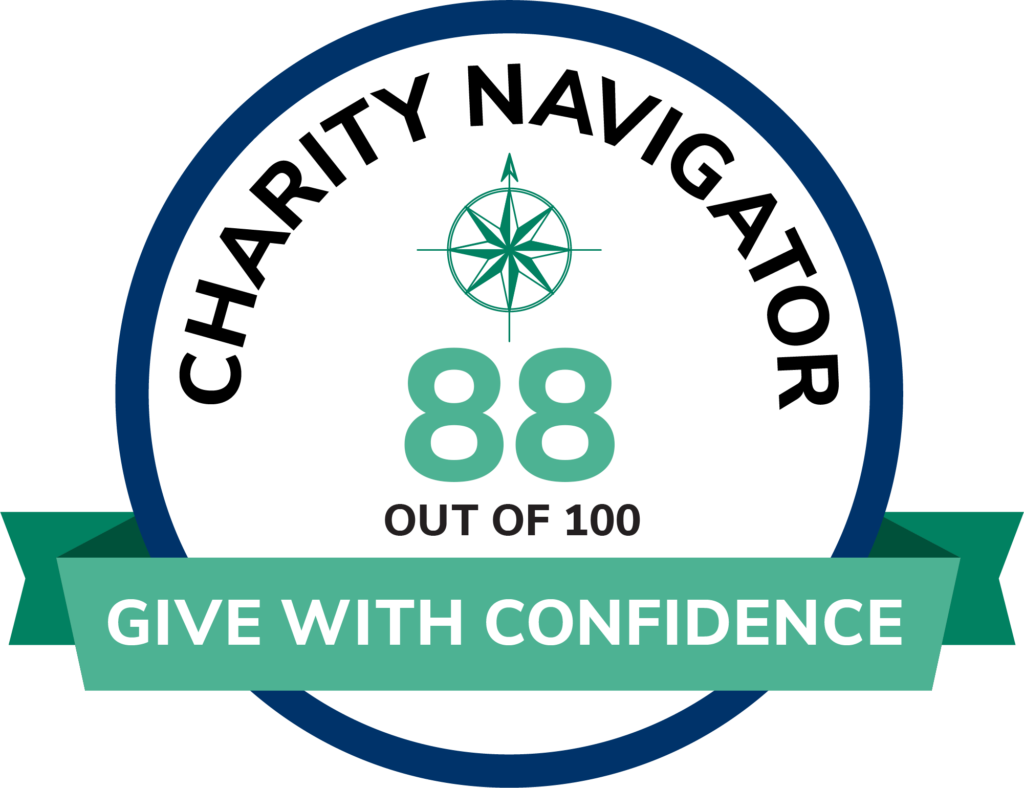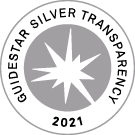As your philanthropic clients can likely attest, the going has been rough for many of the nonprofit organizations they support. Turbulent economic conditions, concerns about inflation, and challenges in the banking sector are just a few of the factors that are causing donors to be more financially conservative and perhaps begin to evaluate whether to keep their charitable giving at the levels of years past.

At the same time, many of your clients deeply understand the need to support the nonprofit sector and continue giving to the charities they love. Philanthropic support to these organizations is critical to maintaining and improving the quality of life in our region. This is especially true as the number of households giving to charity has declined by more than 16% over the last three years.
As we head into the summer months, it’s a good idea to touch base with your clients about their charitable giving budgets for 2023, and in particular, evaluate the types of assets that are best suited for each particular client to give to charity. In some cases, it will be best for your clients to give cash. In other cases, stock will be more appropriate.
For example, as interest rates and inflation continue to increase clients’ concerns about their household finances, you and your clients may decide that preserving cash is a priority. This means that some of your clients who have typically given cash to their favorite charities or to their donor-advised funds at the SRCCF may be reluctant to do so this year. There’s a silver lining here because giving appreciated, publicly-traded stock to charitable organizations is a highly effective tax strategy in any economy. This is because capital gains tax is avoided when your client transfers long-term, marketable securities to a fund at the community foundation or other public charity. The client is typically eligible for an income tax deduction at the fair market value of the securities, and when the charity sells the securities, the charity does not pay capital gains tax. This is a win-win for your client and the charity. And even in a rocky stock market, not all stocks are down. Many of your clients are no doubt holding long-term stock positions that have appreciated substantially since they bought them, even with the current stock market malaise.
For some clients whose portfolios are down significantly, this may be a year to consider contributing cash to a donor-advised fund (DAF) with the SRCCF instead of donating highly-appreciated stock (which may have been these clients’ go-to gift for so many of the last several years). Gifts of cash could reduce the burden on a client’s personal stock positions that may have fallen in value dramatically, giving these positions more time to recover value and, at some point in the future, be contributed to a donor-advised fund at a higher value (thereby resulting in a higher tax deduction for the client).
Overall, in turbulent times like this, donor-advised funds at the SRCCF can come in especially handy. Now is the time to discuss charitable giving with those clients who regularly added to their donor-advised funds throughout the market’s long bull run. If these clients intend to ride out today’s market conditions in their personal portfolios, an up-and-down stock market doesn’t mean the clients’ 2023 charitable giving must take a hit. These clients can use their donor-advised funds to support their favorite organizations, sometimes even at levels consistent with prior years.
As always, please reach out to us at the Starved Rock Country Community Foundation to discuss options for your clients’ charitable giving. We are happy to help you help your clients achieve their goals, even in a year as bumpy as 2023 appears to be!
The team at the Starved Rock Country Community Foundation is honored to serve as a resource and sounding board as you build your charitable plans and pursue your philanthropic objectives for making a difference in the community. This article is provided for informational purposes only. It is not intended as legal, accounting, or financial planning advice. Please consult your tax or legal advisor to learn how this information might apply to your own situation.



